 “A friend is the one who comes in when the whole world has gone out.” – Grace Pulpit
“A friend is the one who comes in when the whole world has gone out.” – Grace Pulpit
Lately, I’ve been very aware of other’s tragedies in life, including my own. We all have them. None of us are immune. And a common thread through them all that I have noticed that continues to trouble me, is the “stigma” attached, and the “social death” that so often ensues.
It’s not new and can be a fascinating study in the sociology of groups and communities, but mainly it is incredibly painful for those experiencing the tragedy and then the subsequent loss of friends, acquaintances and inclusion in their community.
With the recent dedication of the 1976 Yuba City Choir Memorial I noticed this. The families and survivors experienced a HUGE withdrawal of friends, family and acquaintances in their life when their loved ones, mostly children, died. A lack of understanding from those close of what to do, what to say, how to behave may have been the biggest culprit. But more often what lies behind it is a lack of courage and character. I know I’m being harsh here, and it’s not something you are used to me being, but it is a simple truth. I can give some of the kids a pass on this, many had never experienced death before and certainly not in such a tragic way. But their parents were to set the example, lead the way, push them through the door to say and do the right thing. That’s what parents are supposed to do. But the parents didn’t do it and quite frankly we were all left to flounder and we all paid a price, but the higher price was those family members left to grieve alone.
What followed was the social death and stigma of what happened. Eyes averted, phone going silent, invitations, activities, whispers of people telling other people who they are, they lost a child or a sibling in the bus accident. Sitting alone, people too afraid to go over and just sit with them, cry with them, let them know they were thinking about them. The survivors of course dealt with survivor guilt and they also, whether real or imagined, were subjected to this unfortunate common occurrence in a family’s tragedy.
I heard a radio interview today of a dear friend of mine who lost her son to drugs. She lived across the street from me. I went through this with her, from a far. The guest with her made the mistake (in my mind) of saying that when someone has “cancer” people rally around and offer help, but when it’s drug abuse they don’t. That’s not totally true, as those of us with cancer in our lives know. Yes, many do initially and I have written about how blessed I felt with all the support I got, probably more than one with a troubled teen, but many do not. (She has rightly been beating the drum, however, about the shame attached to drug abuse. It is profound. http://www.jeremysrun.com/) There is a social stigma with cancer as well and there has been for many years. It has improved, only because it is so prevalent and so many more people have cancer now, know someone who does, cared for one, lost someone, and so there is a shared reality. It’s better, but it still carries a stigma and there is still a social death that occurs.
Recently a relative who is dear to us, but we don’t talk to on a regular basis called. It was funny because I was going to call them. When I got on the phone with him he told me that he wanted to call Dave and see how he was doing. And for several days he put it off until he realized he was afraid. He finally picked up the phone. What happened of course, is he was afraid to ask, “how are you doing?” Afraid of what the answer might be. This is very common. And there is responsibility here on both sides. One, Dave needs to be more attentive to the fact that people need to hear from him from time to time to know he is doing well, or not. He has a responsibility to reach out to them. And then family and friends do need to overcome their fears and pick up the phone and make the call and be willing to hear whatever the news is on the other side. All too often I hear the regretful comments of folks who wish they’d called, wished they’d stopped by, wish, wish and they sit at the memorial or funeral feeling loss, and worse, regret.
This stigma and social death occurs in many areas of our lives. Loss of job, loss of a spouse or child, a person is dying (but not dead yet) foreclosure, teen pregnancy, divorce, drug abuse, cancer, accident, stroke, illness, and on and on. Often we immediately think that they “did something” to bring this into their lives, and perhaps they did, but why we have this need to rationalize it in that way is beyond me. So what? If they are your friend or neighbor and you have had affinity for them, then reach out, check in with them from time to time. You don’t have to become consumed by it or even take anything on really. But it would be really nice if you could LISTEN and offer your thoughts and prayers. It means so much.
Dave is lucky. (haha) He has chatty Lori in his corner. I wouldn’t let him slink away into the dark, alone, afraid to tell anyone he had cancer, or back in 2001 that he lost his job. It would have been easy for him to have a social death experience due to his own willingness to withdraw after these experiences. Me, I’m a full disclosure gal, I’m out there sharing our success and troubles very openly. These are my friends dammit and I expect them to be there for me as I have been there for them. Some hang in and some don’t. It’s OK. But we can also NOT ALLOW the potential “stigma” to attach itself to us. That is OUR RESPONSIBILITY. I know, I know, I’m asking a lot, but when you come up for air as you move through your journey, whatever it is, don’t allow it to define your life and who you are. If you are doing well, as well as you can, those who may be standing back will notice and be inspired by you. And of course, when they experience their own tragedy, and they will, you will most likely be the first person they call for help. Be gracious and kind when they do, as they feel the additional burden of perhaps not being there for you when they should of, and now they understand.
Having said that, I don’t judge them or dislike them as a result. I simply forgive them and move to those they are turning away from to offer comfort. For those who have pulled away and shouldn’t, if I can and have time, I will reach out to them as well and try to give ’em the ‘ol “you can do it” pep talk. Because they are suffering as well, and now have the added burden of dealing with their own lack of courage and character on top of their loss. Understanding it is as simple as that, can go a long way toward forgiving them, for they know not what they do.
How many of us have seen the grieving mother, losing a child, reaching out to their child’s friends and consoling them? I have seen this many times. In their own pain, they reach out to help others with theirs, knowing they are struggling. They inspire me greatly.
“I have found the paradox that if I love until it hurts, then there is no hurt, but only more love.” – Mother Teresa
Do your best to reach out, even if perhaps they aren’t close friends, but you know them.
Stay in touch with them.
Keep at it when they don’t return your calls.
Keep it light, touching base, “I’m thinking of you.”
If they do reach back, LISTEN! LISTEN! LISTEN! LISTEN! Acknowledge their pain. Don’t try to solve it for them and say those lovely little trite sayings that we have all said, and now hate, “God only gives us what we can handle.” or “You need to move on with your life for the sake of…”, “Are you getting counseling?” Just listen, acknowledge, offer thoughtfulness, benign advice letting them know that you are there for them through the process. It will get better for them and for you. They will be glad you were there as they move through the fog.
Most important, don’t stigmatize them, criticize them, speak grossly about them to others. This is especially true when it’s a different sort of tragedy, like drug abuse in their teenager for instance. It is crushing for a family. It creates great shame, disappointment, fear, frustration. Now you can’t necessarily be there for them through this in the same way you can when someone passes away. You have your own teenagers you are tending to perhaps. But you can let them know, you can listen, you are concerned, and check on them from time to time as they move through this difficult situation in their life which is epidemic in our country. It is a health issue and can be as tragic and life changing as any other health crisis.
You know how people often will say, “you find out who your friends really are?” YOU be one of those friends and maybe, just maybe, together, we can make the world a better place, one community at a time.
We are all imperfect. We have our strengths and our weaknesses. Together we can help one another in perspective, point of view, life’s experiences and often just a simple hug and utterances of care is all that is needed. You can do it, I know you can, and you should. Do the best you can, but definitely DO SOMETHING.
“Act as if what you do makes a difference. It does.” – William James
One very troubling, painful and personal experience I had with this (and I’ve had a few) was my father’s childhood best friend. When I was growing up my father told us stories about the two of them growing up, always referring to him as Uncle XXXX in the stories. He clearly loved him dearly and we enjoyed those stories immensely, requesting he tell their adventures again and again. We had never met him though with all our distance as a military family. When my father died I heard that he did not attend the funeral in Gettysburg, though others in his family were front and center. My grandparents told me, that they were told, he thought it would be too painful for my grandparents. Ok, I bought that – for awhile, even though it seemed odd to me even as a 13 year old. Over the years during many opportunities, he again was a no show. I began to feel very resentful. I wanted to meet my father’s best friend growing up. I felt like I knew him. I wanted to hear the stories again. I went through a period of being really angry. Then by happen stance, years later, when I was a young adult and had a little life on me, I met him at one of his family functions. I took a deep breath and we met. What I saw was a pathetic very uncourageous man standing before me, clearly feeling the burden of all the years he didn’t reach out. I look A LOT like my Dad and it must have been really unnerving for him. He was struggling terribly. I found myself consoling him, gently, and graciously. I made it easy for him, really easy. I realized at that moment, he was the one with a hell of a burden and if I jumped on him he would just disappear into the floor boards forever. It was then I learned that big lesson of life. People have their difficulties and degrees of courage or lack thereof. It was incredibly sad. All that we could have shared together. We could have both had a piece of my father forever, together, and shared in our grief and our memories. I have never seen nor heard from him again and nope, he didn’t come to either of my grandparent’s funerals. The rest of his family did. Their parents and my grandparents were the best of friends for over 50 years. I rarely think of him anymore, in fact for having written this post, I haven’t thought of him in years. But make no mistake, he compounded greatly the loss my grandparent’s felt having lost their son. (And fortunately, for all of us, my father was beloved by many, so we were embraced by all of them, still to this day, I get regular contact from his friends and colleagues. I LOVE YOU GUYS!)









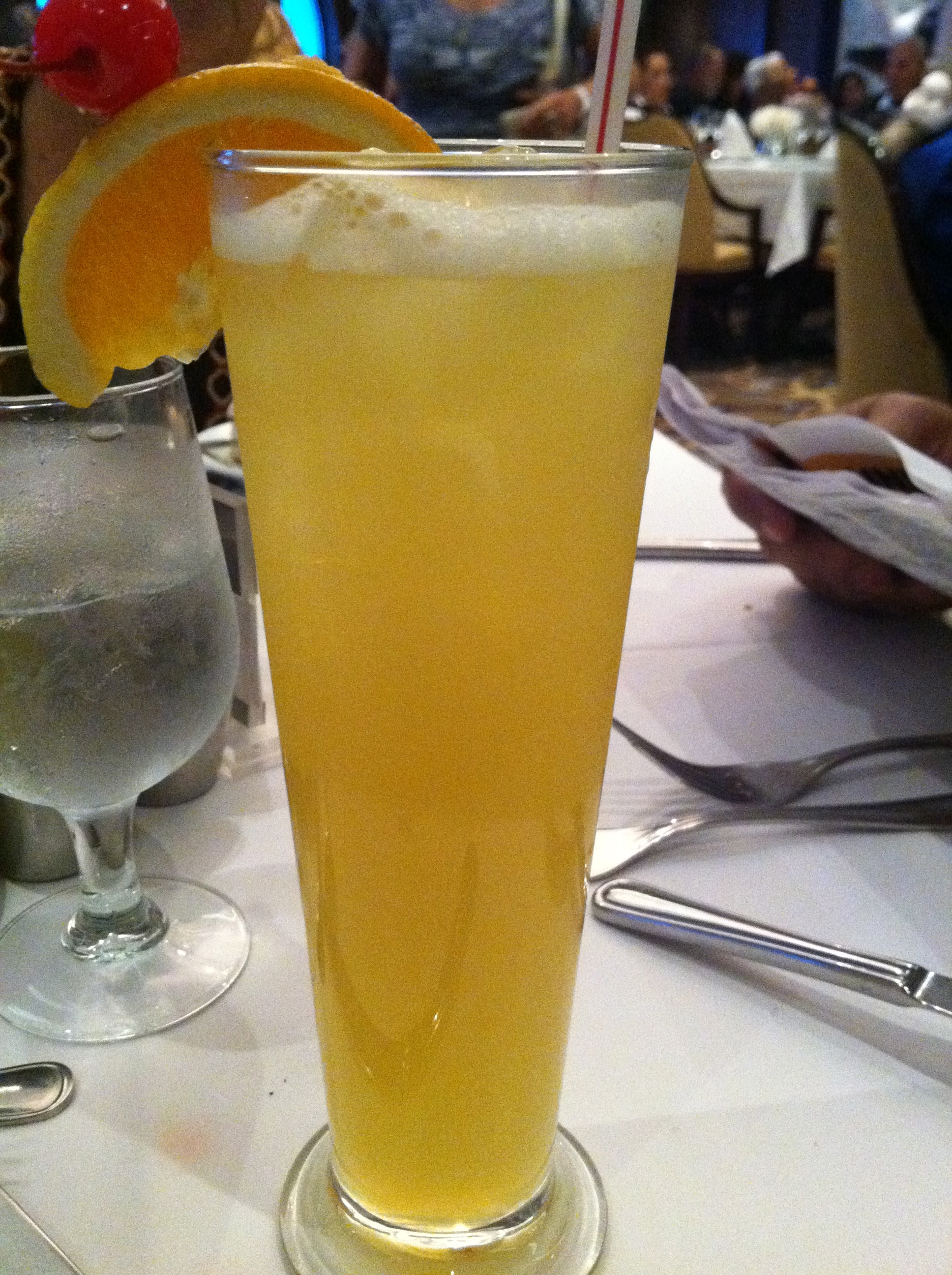
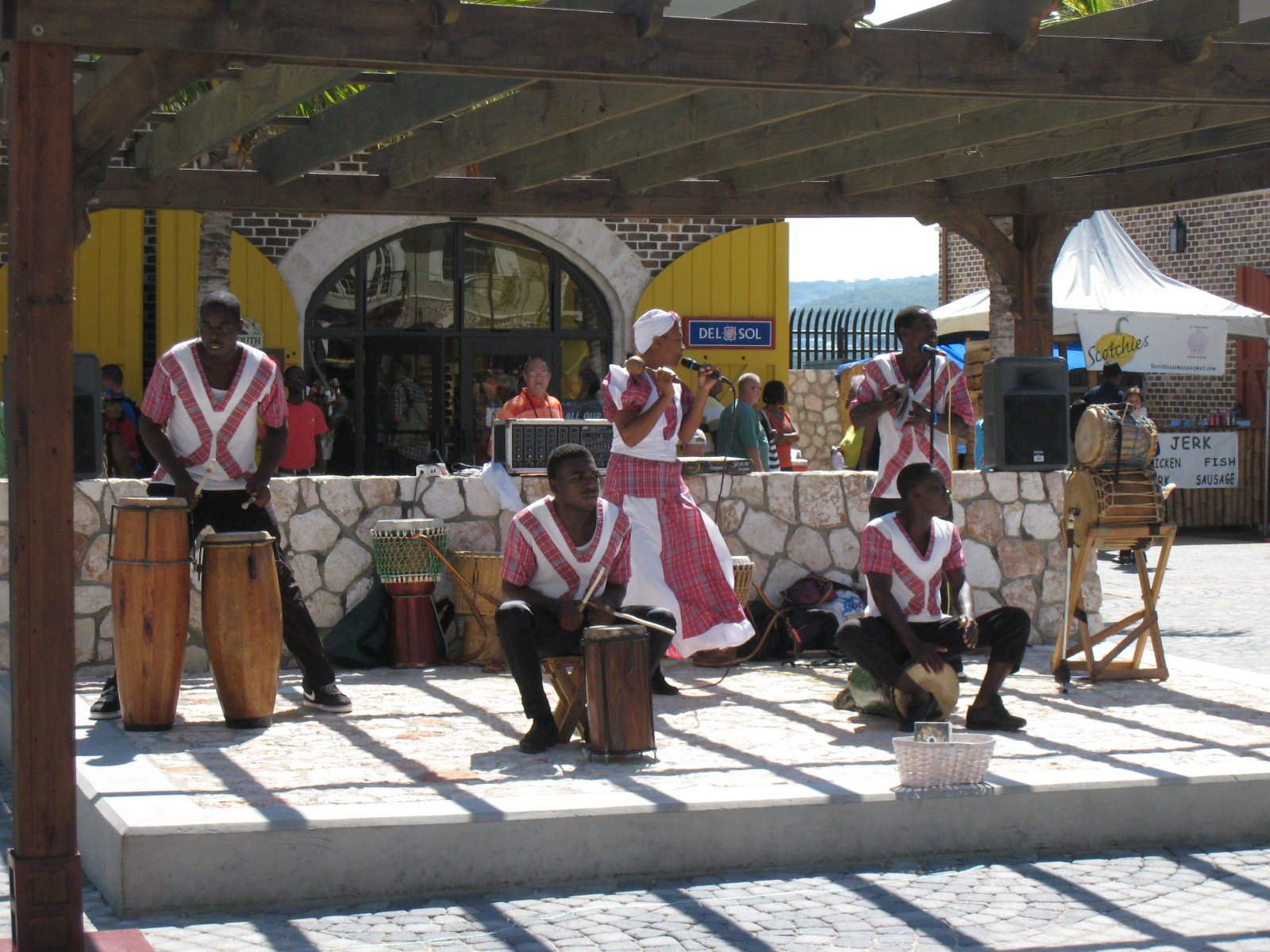
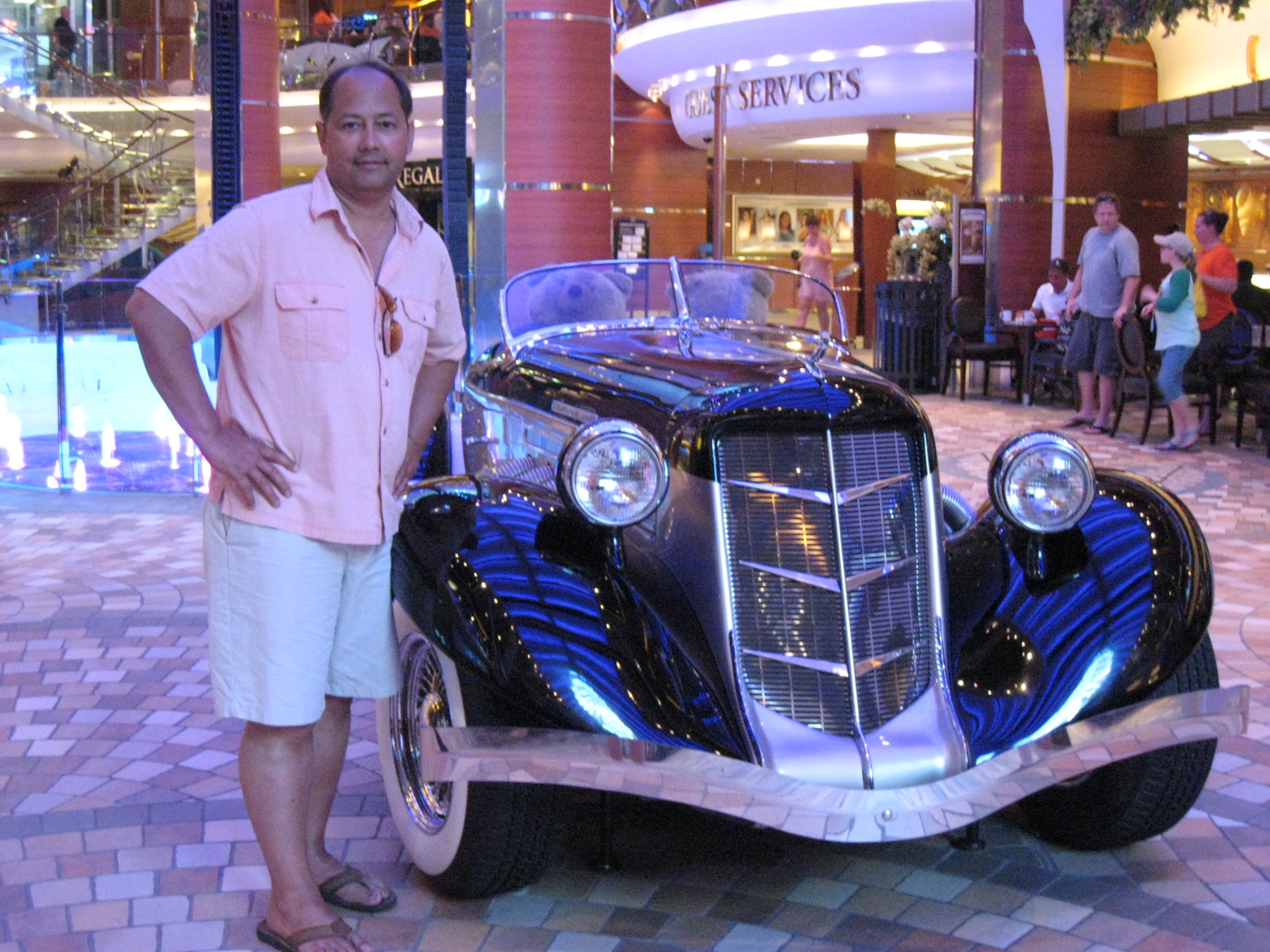
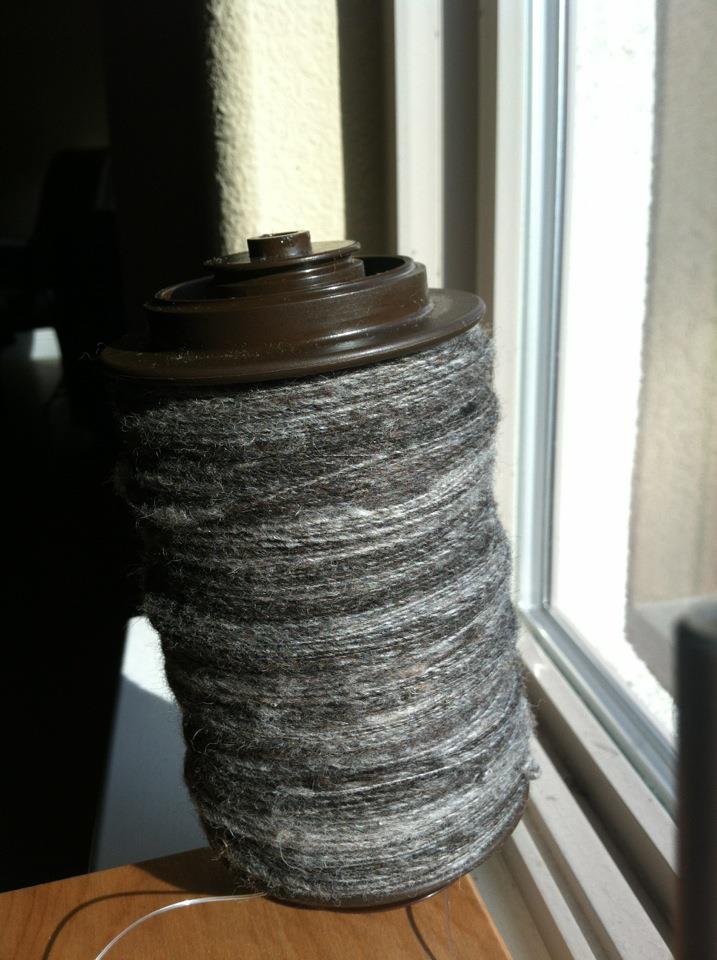
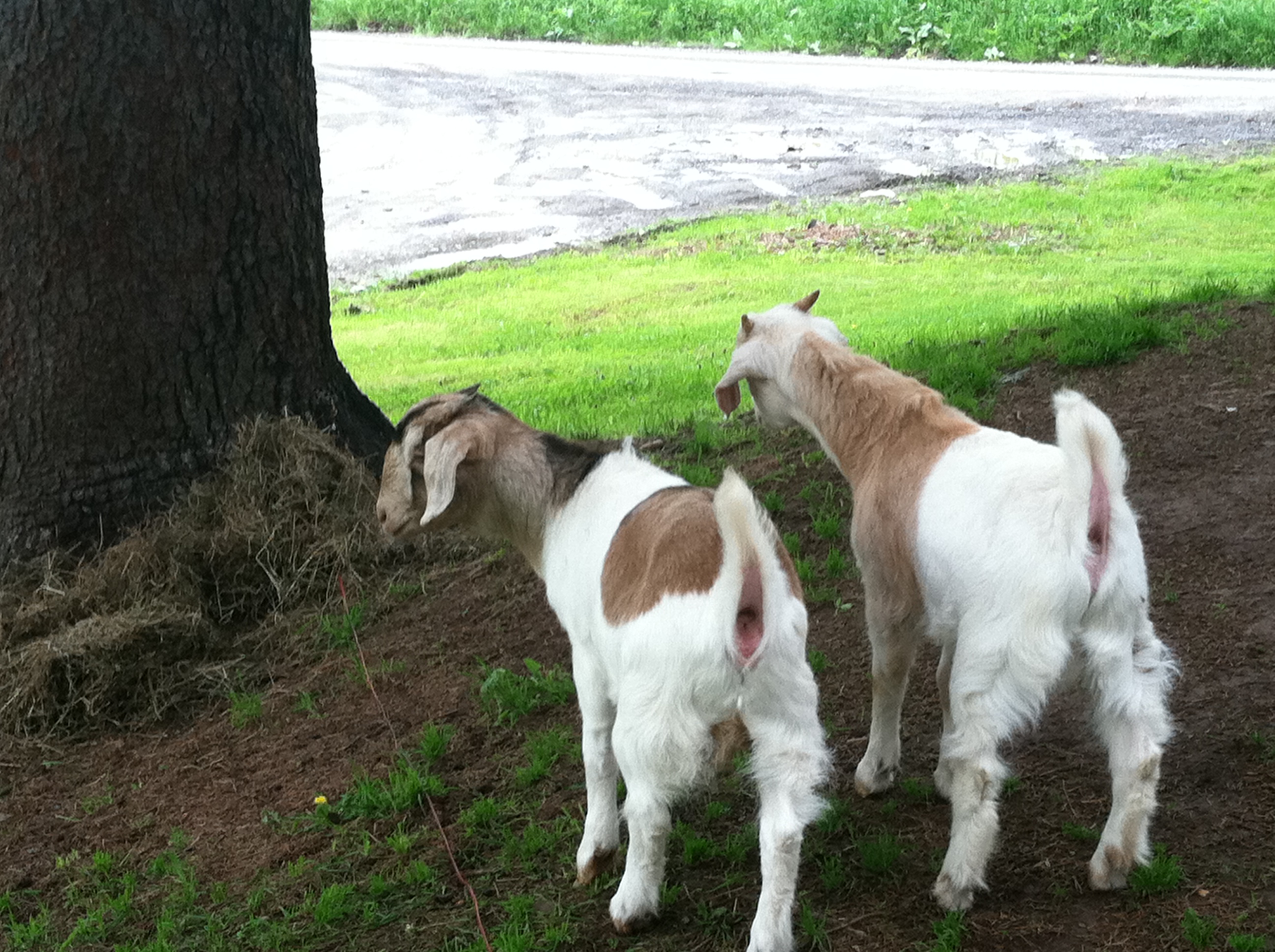
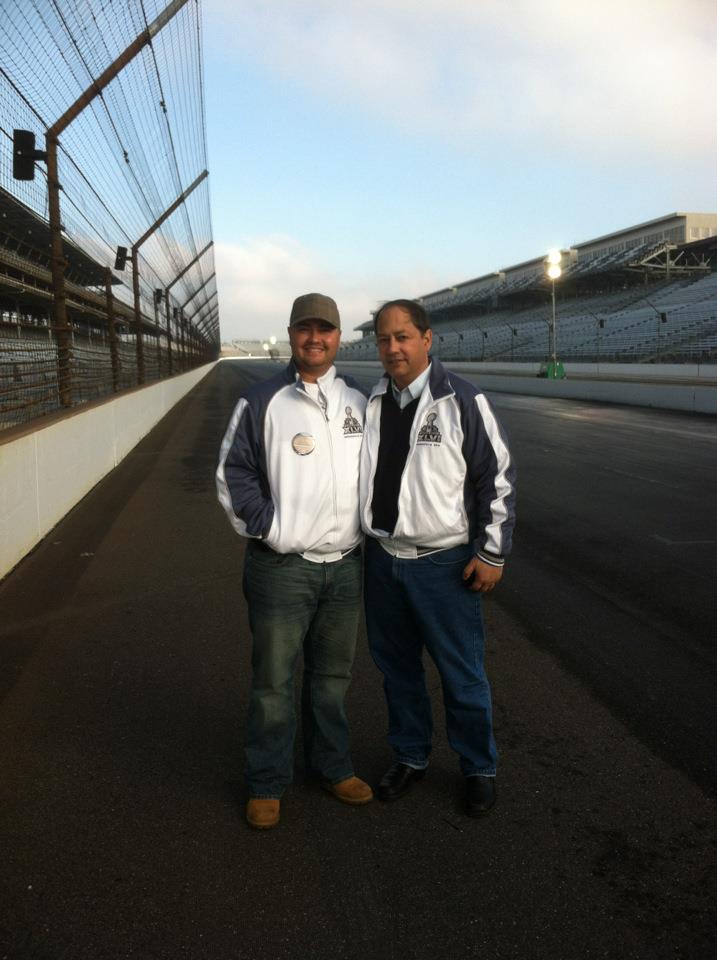
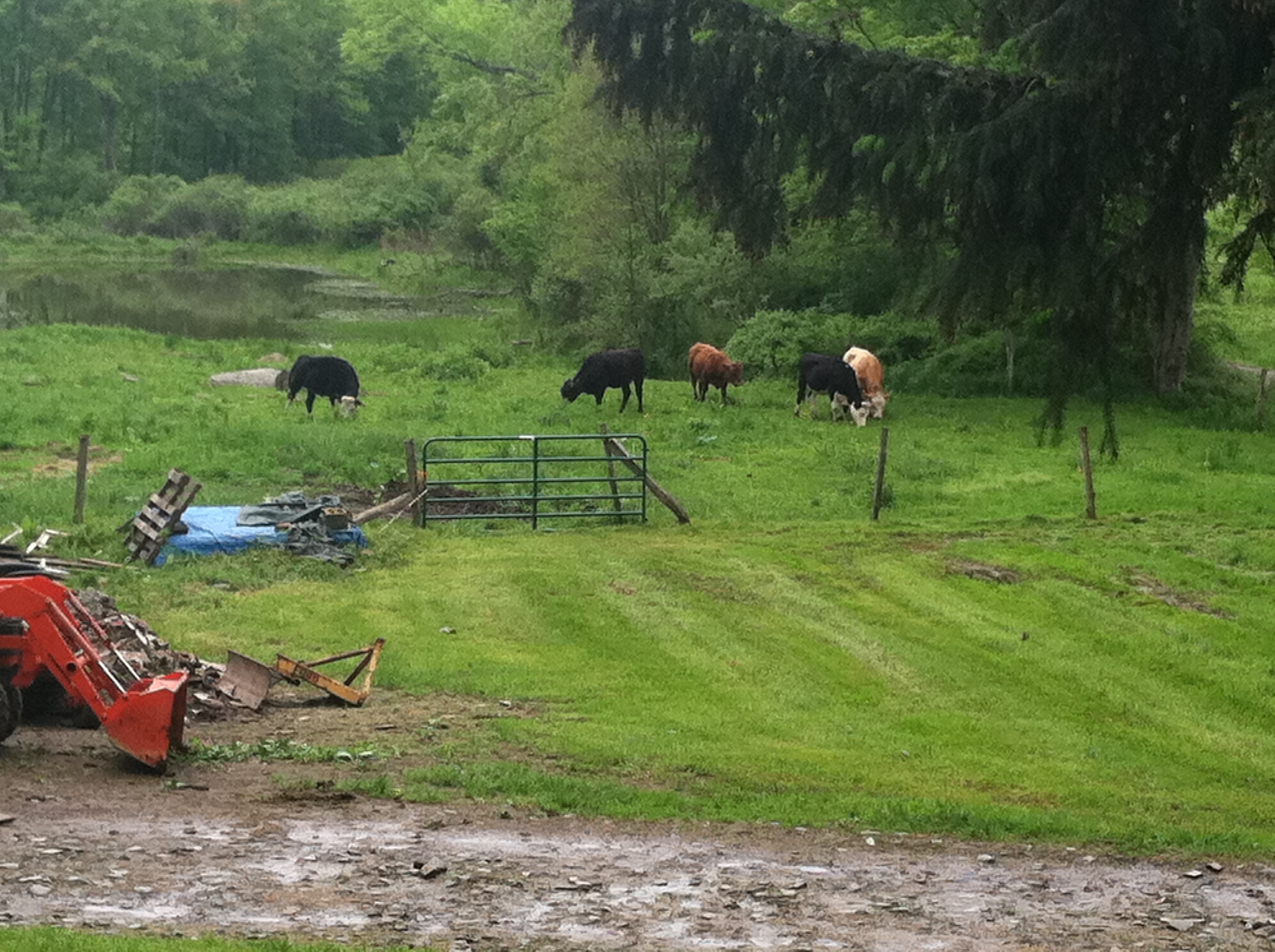

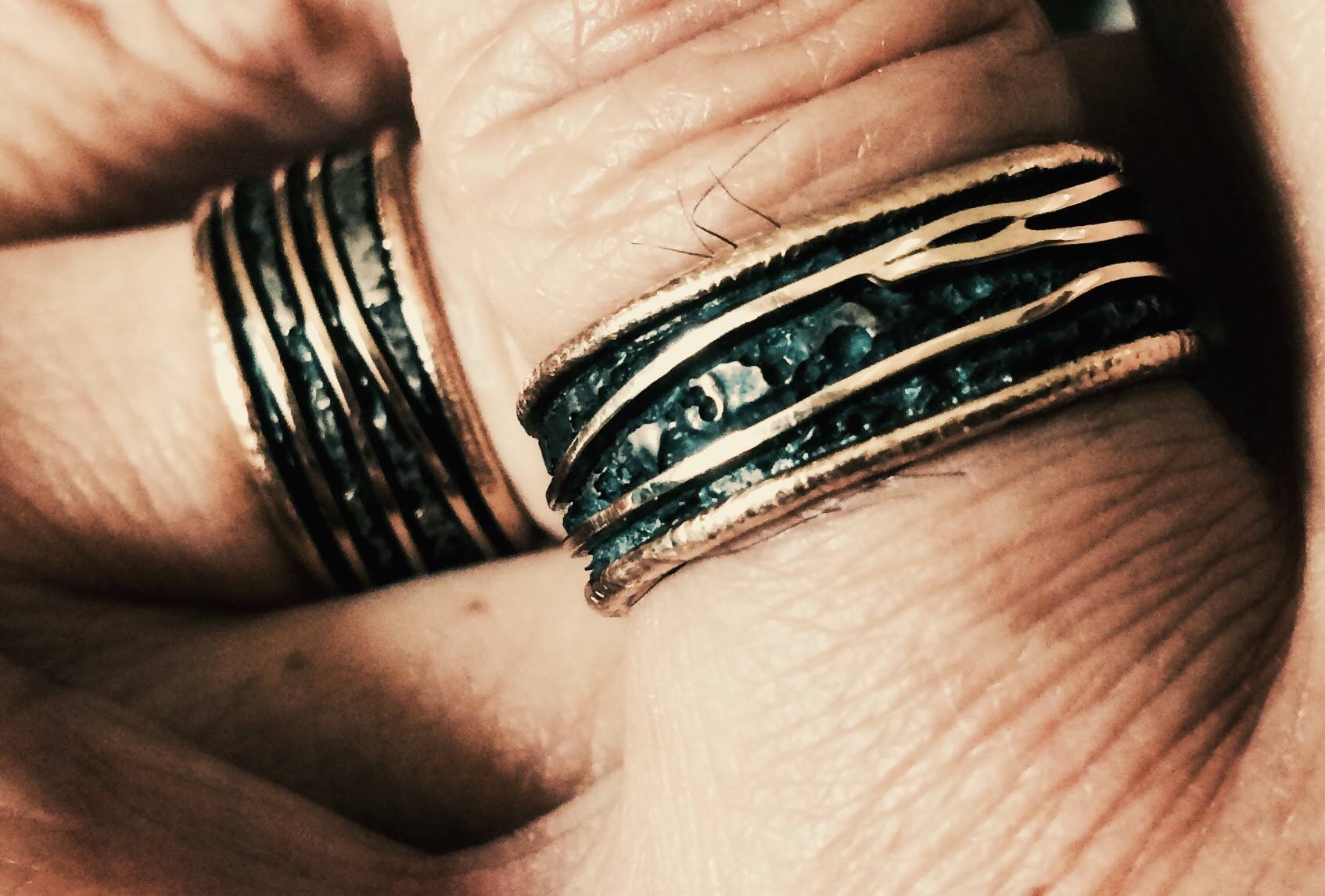
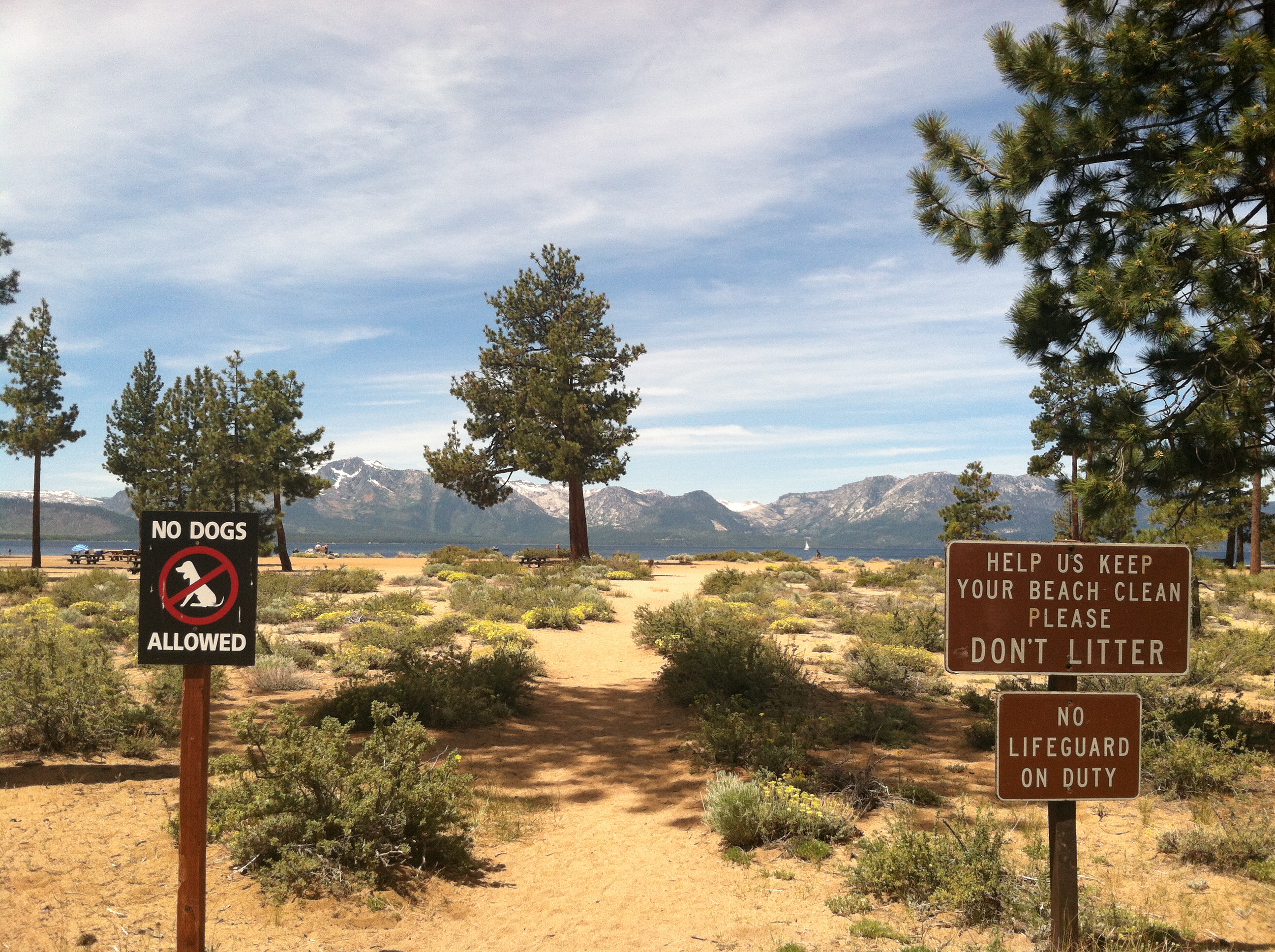


Thank you Karen. You are right, pay it forward is the most amazing concept and also, practice random acts of kindness. I was thinking as I was reading your comment how hard it is for someone to extend the simple gesture of holding your hand, you sobbing and them not letting go. Now that is a Being worth having in one’s life as it takes courage to confront the profound pain of others. Each time we can let the emotions go, we chip away at the grief and each time we do that we get a little closer to some peace, understanding and yes, perspective. Finding ways to assimilate it into our lives in a healthy way. Thank you for your input! As always! Hugs to you and Hugh!
lori, what an important subject you’ve tackled! hurting hearts all around CAN and should be mended if we can only put ourselves in the shoes of others. the power of empathy, forgivness, and just plain getting outside of ourselves to reach across divides of hurt, bewilderment, isolation, loss, and fear can be so healing and uplifting. and i applaud your pointing out that it’s up to parents to step up to the plate and set a good example. i think we MM people can pass on a legacy of awareness of the plight of others who aren’t as fortunate as we are – we know that even the simplest gesture of caring, extending kindness and understanding, listening and a warm hug, can be such a tonic and make such a huge difference. when hugh was 1st diagnosed, i remember that when someone would even just hold my hand, it often left me sobbing, i was so grateful. i love what you’ve expressed about realizing that people who can’t bring themselves to stay in touch may be hurting as well, and it behooves us to not give up on them; it presents a great opportunity to show the compassion and reach beyond our personal hurting. when we thank our friends and family for their love and support in the updates about hugh, we often close with our promise to “Pay it Forward”. you’ve given us great inspiration to do just that, and we will! love you. love this post. thank you.
Sandy, you hit it right on the money. As parents we have to remember our children are watching, listening, and learning by our behavior and example. Like you, I was fortunate to have my grandmother, in particular, who made sure I understood the social obligations and graces properly extended to others in our life. My mother was pretty decent as well, but my grandmother was very old school. She never made anyone wrong who didn’t, but she was damn sure we would! I have been cognizant of this in raising my own children and there is nothing like a phone call from a friend or relative raving about the fact that they got a letter or note from one of my children and how touched they were. Makes a momma proud, though it should be more commonplace than it seems to be these days. I love the net, but we have slowly been losing some of the niceties of eras gone by.
Yes, Lori, great advice… in my opinion there are a lot of people who are simply NOT TRAINED in the social graces of dealing with life’s challenges. That’s why Emily Post was so helpful for many, I am sure. My mother was a stickler for attending to such things with a card, a call, a visit and when I was old enough I was included. I learned, watching and listening to her, that often just BEING THERE was enough. It is easy enough to just be kind and that is what most people need in crisis… but those who avoid making the effort know they have let two people down – the hurting person and themselves – and we can only forgive them for their fears.
Great posting during these times when we all need to know that someone is listening (or reading!).